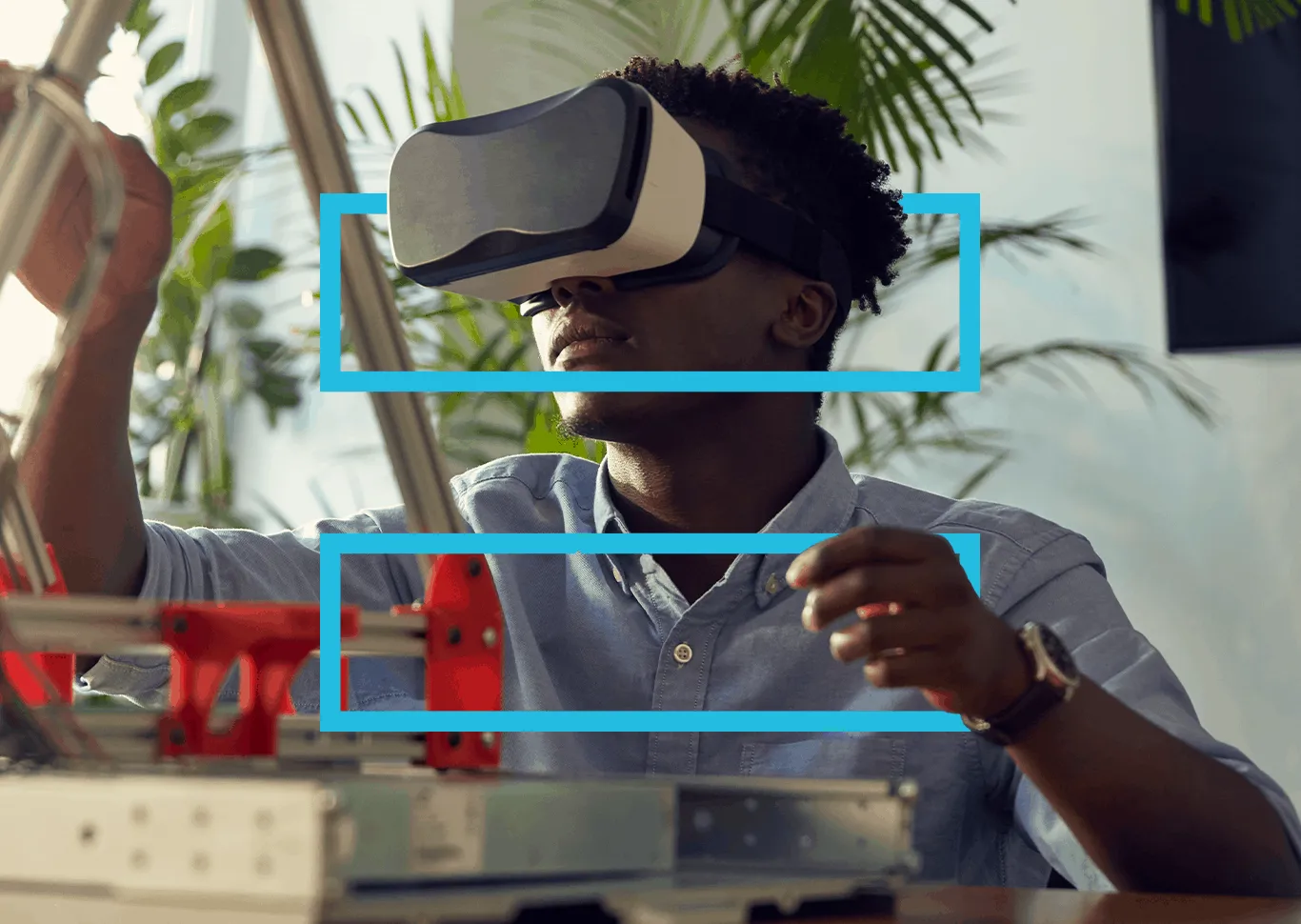Shekhar oversees a small team of employees, his role is also to manage the IET’s business across the region, which includes India, Sri Lanka, Bangladesh, Nepal and Myanmar.
As the IET’s legal representative for the region, some of his time revolves around management and administration, but he also enjoys working closely with those on the ground.
“I work with engineers to
push forward the IET’s
agenda of engineering a
better world.”
“There’s finance, people management, volunteer engagement and business development, but a lot of my time goes on working with volunteers to push forward the IET’s agenda of engineering a better world,” he says.
A conduit between the UK and South Asia
Shekhar essentially works as a conduit between the IET’s UK headquarters and engineers in his region. He advises those in the UK how best to engage with engineers in South Asia, and packages and markets the products and services the IET in a way that best suits the region.
“We’re about 6,000 miles away from those working at IET HQ and it can be hard for them to understand how this region and its volunteers work. I advise them what would and wouldn’t make sense here regarding things to do, how to engage with current and potential members,” he explains.
Externally his job is to make sure the IET is exciting and inspiring in order to entice more people to engage with the organisation. “For that, we need to constantly create value propositions so that people see this as their national home for engineering and that this is where they can make an impact.’
Enabling positive societal change
In India and across South Asia one of the main reason engineers want to join the IET is to make a difference, says Shekhar. In response, his team focused on developing platforms which can make a positive societal change.
This began with IoT India, a platform that was created for engineers to come together to discuss issues that could impact the region directly, “from economic growth through to solving industry-specific problems,” says Shekhar.
Within this community, there are currently 18 working groups, each focused on a specific area such as manufacturing and healthcare. Alongside an annual conference, each year the groups set agendas on what they’d like to focus on. “This might mean research, a project, a set of lectures or white papers, or advising the government,” he highlights. “Pre-COVID I’d spend around 15 days a month travelling to various parts of the region meeting with government officials and industry leaders. This work continues, but now it’s online.”
Next was a platform around mobility and transport – a hot topic for the region. “Most of the time these are discussed within the prism of urban mobility, but India is made up of 70% villages. Here the issue isn’t the best way to take someone or something from A to B, it’s about how we can bring things to them.”
The latest platform is an amalgamation of these topics, entitled the Future of Work. “Essentially what I’m doing is looking at our communities and starting relevant dialogues around what’s important to them,” explains Shekhar. “We then create platforms where the engineers can come together and look at solving these problems and making a difference.”
Seeing results
This work is already producing results. India’s current telecom policy was developed in consultation with the IET for example, and the IET’s Social Impact working group worked closely with India’s Ministry of Family Welfare on a paper about the ways technology is changing the fabric of family and society.
Currently the Healthcare and Future of Mobility and Transport groups are working on a framework for remote testing of COVID-19 in India using buses.
“This is key because India is enormously spread out. They’ve repurposed a bus to be used as a testing centre, logging all the data in the cloud. The Ministry of Health and the Indian Council of Medical Research is currently assessing these and are working on a pilot.”
Feel good factor
This is what Shekhar enjoys the most about his work – the ability to make a difference. “We’re actually creating a difference on the ground, changing lives and truly engineering a better world,” he says proudly.
He also enjoys highlighting this to the volunteers and members. “They often don’t recognise the impact they’re having on the world – for example, the doctors wouldn’t be able to save lives without the machines engineers create.
“I really enjoy making engineers aware that they’re not just doing a job, they’re actually making a difference,” he concludes.


